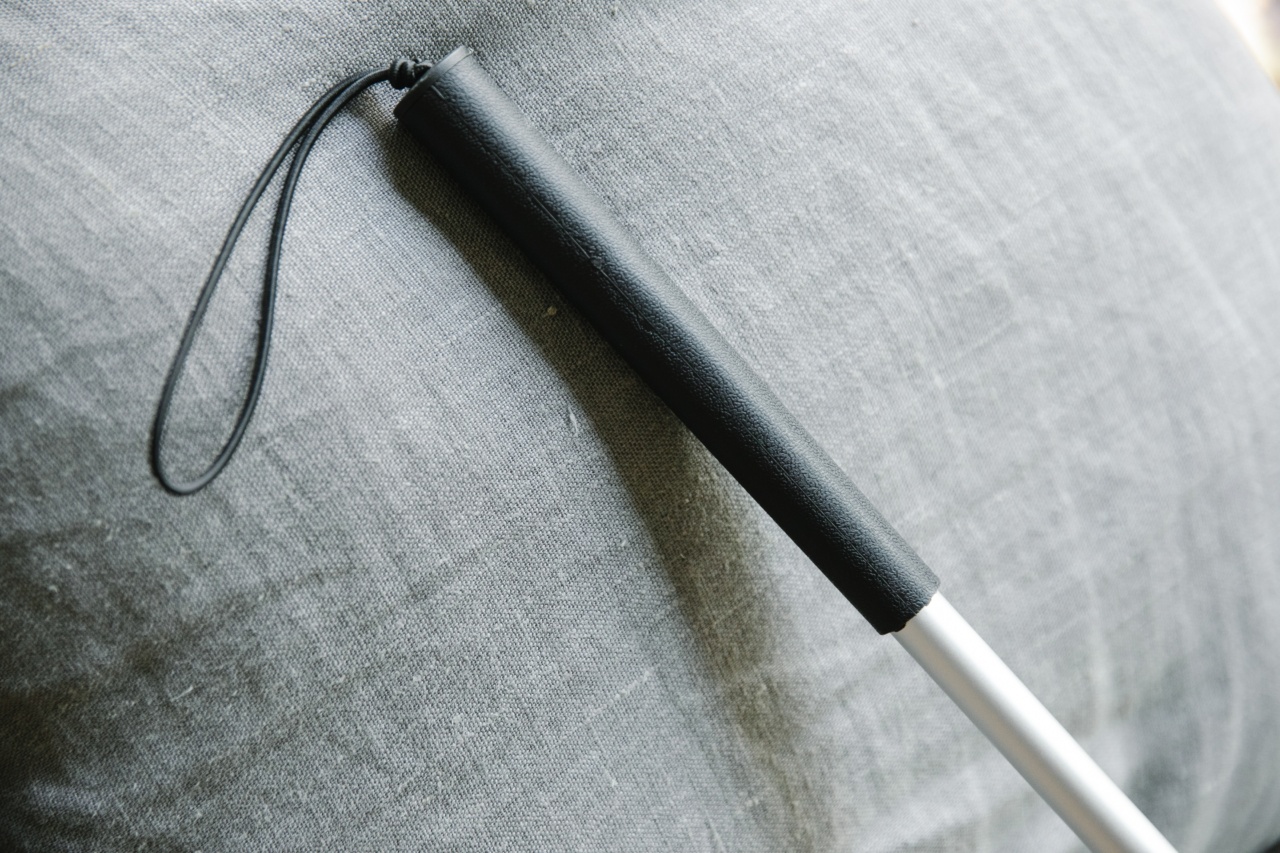If you have Inflammatory Bowel Disease (IBD), it’s crucial to pay close attention to your diet. Certain foods can exacerbate symptoms and trigger flare-ups, making managing the disease a challenge.
In this comprehensive guide, we will discuss the worst foods for people with IBD, providing you with the knowledge necessary to make informed choices about your diet.
1. Dairy Products
Dairy products, such as milk, cheese, and ice cream, contain lactose, a type of sugar that many people with IBD struggle to digest. This can lead to uncomfortable symptoms like bloating, gas, and diarrhea.
If you have IBD, it’s best to avoid or limit your intake of dairy products and opt for lactose-free alternatives.
2. Fatty Foods
Fatty foods are known to increase inflammation in the body, making them a poor choice for individuals with IBD. Foods high in saturated and trans fats, such as fried foods, processed snacks, and fatty cuts of meat, should be avoided.
Instead, focus on incorporating healthier fats into your diet, like those found in avocados, nuts, and olive oil.
3. Spicy Foods
Spicy foods can be particularly problematic for individuals with IBD. They can irritate the digestive system and trigger symptoms like abdominal pain and diarrhea.
It’s best to steer clear of spicy dishes, including those seasoned with chili peppers, hot sauces, and other spicy condiments.
4. Foods High in Fiber
Fiber is generally considered beneficial for digestive health. However, for individuals with IBD, foods high in insoluble fiber, such as whole grains, nuts, and seeds, can be difficult to digest and may worsen symptoms.
It’s advisable to opt for soluble fibers found in foods like oatmeal, bananas, and peeled fruits.
5. Raw Fruits and Vegetables
While fruits and vegetables are usually considered nutritious, some people with IBD may find that raw versions of these foods worsen their symptoms. Raw fruits and vegetables can be hard to digest and may be too rough on the gastrointestinal tract.
Cooked or steamed options are often better-tolerated alternatives.
6. Caffeine and Alcohol
Caffeine and alcohol are known to stimulate the digestive system, which can be problematic for individuals with IBD. Both substances can increase bowel movements and contribute to diarrhea.
It’s advisable to limit or avoid caffeine-containing beverages like coffee, tea, and sodas, as well as alcoholic drinks.
7. Carbonated Beverages
Carbonated beverages, such as soda and sparkling water, can contribute to bloating and gas. These symptoms can be particularly uncomfortable for individuals with IBD.
It’s best to opt for still, non-carbonated fluids like water or herbal teas to stay hydrated and minimize potential digestive distress.
8. Processed and Packaged Foods
Processed and packaged foods often contain additives, preservatives, and artificial ingredients that can trigger inflammation and worsen IBD symptoms. These foods are also typically high in sodium, which can lead to water retention and bloating.
Opt for fresh, whole foods whenever possible and prioritize homemade meals.
9. Gluten-Containing Foods
Gluten, a protein found in wheat, barley, and rye, can cause digestive issues in some individuals, particularly those with a gluten sensitivity or celiac disease.
While there’s no direct link between IBD and gluten, some people with IBD find that avoiding gluten helps alleviate their symptoms. If you suspect gluten may be problematic for you, consider eliminating it from your diet or consult with a healthcare professional.
10. Sugar and Artificial Sweeteners
Excessive sugar consumption and artificial sweeteners can lead to inflammation and contribute to gut dysbiosis (imbalanced gut bacteria). These can further worsen symptoms in individuals with IBD.
It’s important to limit your intake of sugary foods and beverages, as well as products containing artificial sweeteners.






























